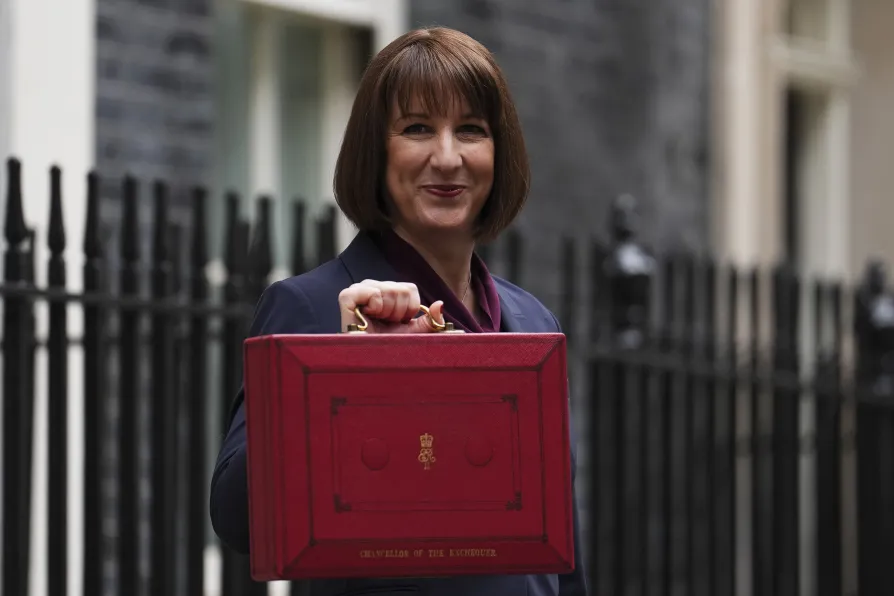RAMZY BAROUD offers six reasons why Netanyahu is prolonging conflict in the Middle East


FOR socialists there is a good deal to be discontented about Rachel Reeves’s policies as Chancellor. The cut in winter fuel payments has rightly caused anger and talk of cuts to spending suggests an austere 2025.
While she has been engaged with socialists who have thought a good deal about the historic roots of Britain’s crisis and what might be done — such as David Edgerton at Kings College, London — it’s difficult to discern much practical influence.
Of course, a certain portion of the attacks on her are firstly because she is the first female Chancellor and the world of finance is still largely that of men in suits. Secondly, she is a Labour Chancellor. Of what stripe is entirely irrelevant to the likes of the Mail, Telegraph and GB News: it’s just Labour of any kind they hate.

KEITH FLETT traces how the ‘world’s most successful political party’ has imploded since Thatcher’s fall, from nine leaders in 30 years to losing all 16 English councils, with Reform UK symbolically capturing Peel’s birthplace, Tamworth — but the beast is not dead yet













